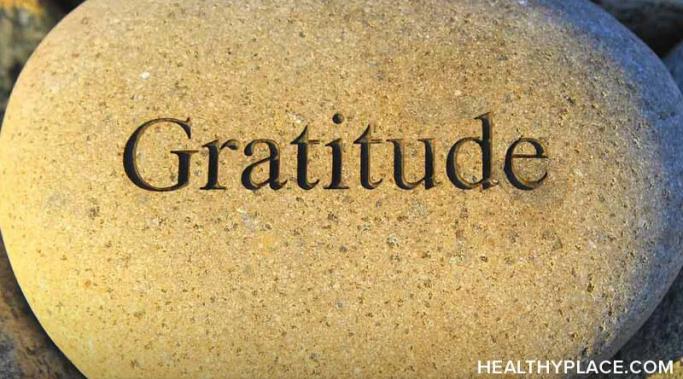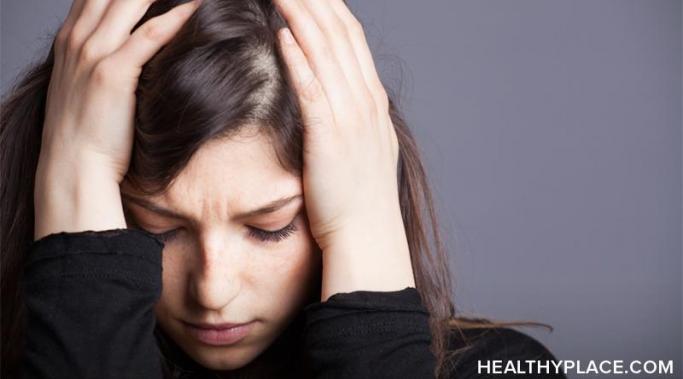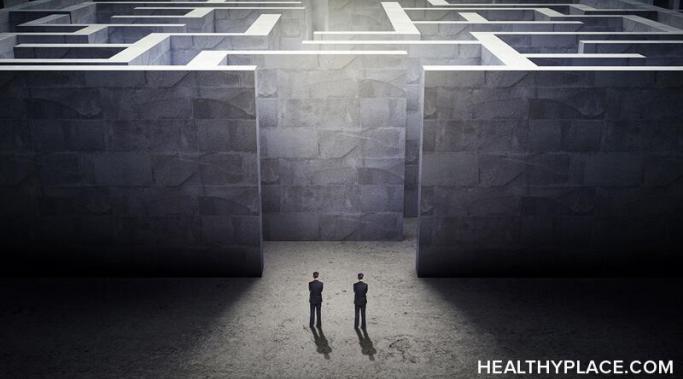They say all good things must come to an end, and my time here at HealthyPlace is up. After writing for "Work and Bipolar or Depression," "Coping with Depression," and now "Mental Health for the Digital Generation," I am finally saying goodbye to team HealthyPlace and my readers.
Mental Health for the Digital Generation
"Why do I get the birthday blues?" is a question that bothered me for years. Only recently did I learn that I am not the only one who feels sad on their birthday. While plenty of people look forward to celebrating their birthdays -- as they should -- there are enough folks who can only throw a pity party. Here's why I feel the birthday blues.
Therapy has changed my life. I wanted to go to therapy for years, but I only got access when I reached my breaking point in 2017. While I wish I had sought help sooner, I'm grateful I finally did because, honestly, therapy changed my life in unexpected ways. Whether you are on the fence about it or have decided it's not for you, read on to know just how impactful seeing a therapist can be.
I've found that boredom and depression are linked. In high school, I had a teacher who used to say that if you are bored, it is your fault, and you are probably boring. Her harsh words stuck with me, lingering in the back of my mind for years. Since then, I have also come across this toxic opinion in the online world. I have just two things to say to everyone who believes it: this statement is untrue, and when depression hits, boredom is not a choice.
Have you ever wondered how to practice self-care when your therapist is away? As someone taking a break from therapy, this question is often on my mind nowadays. While it is possible to get by without your therapist, the ultimate goal is to thrive and not just survive, so regular self-care is essential. Here's what to do when your therapist is away.
After years of living with mental illness, I know one thing for sure: I am tired of being mentally ill. They say normal is boring, but I often find myself longing to be neurotypical. Honestly, I wouldn't wish mental illness on my worst enemy. I am so tired of being mentally ill.
Do you try to manage other people's feelings by trying to turn someone's frown upside down or calm down an angry person? If your answer to both questions is yes, you are probably a kind and caring individual. And that's great because if the world needs more of anything, it's considerate folks. That said, you need to know that you are not responsible for other people's feelings. Here's why.
Do your thoughts scare you? Have you ever been busy doing something when a disturbing thought suddenly occurred to you and left you shocked? Does this happen frequently? Don't worry, you are not losing your mind. Instead, the thoughts that scare you are probably intrusive thoughts.
It's 2024, yet the very idea that it is good for men to talk about their feelings is frowned upon. Traditional notions of masculinity discourage emotional expression, with anger being the only "acceptable" emotion for men to express. As a daughter, partner, and friend, I have seen how these toxic social expectations cause men to struggle in silence. As a mental health advocate, I believe that changing this narrative is crucial for supporting men's mental health. Men need to talk about their feelings.
Back in college, I believed that finding my purpose in life would bring me mental peace. After graduating as an information technology engineer, I took some time to figure out that my first love, writing, was my purpose. I thought that I had finally figured out my pathway to peace. Little did I know how wrong I was. Here's what I wish I knew about purpose and peace in my 20s.









